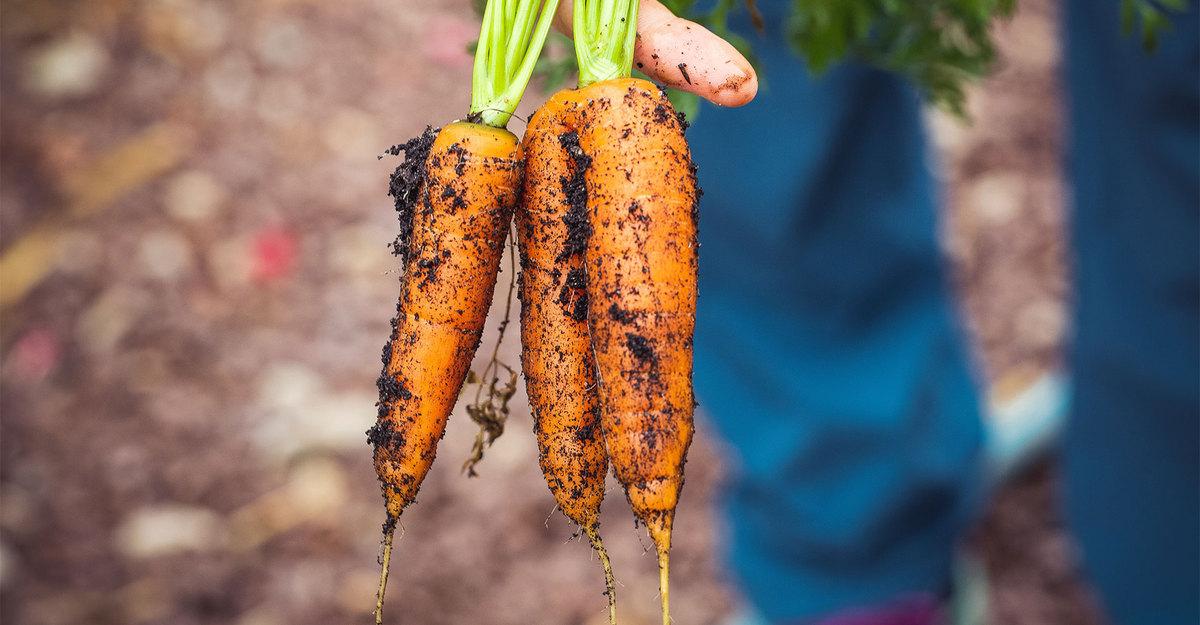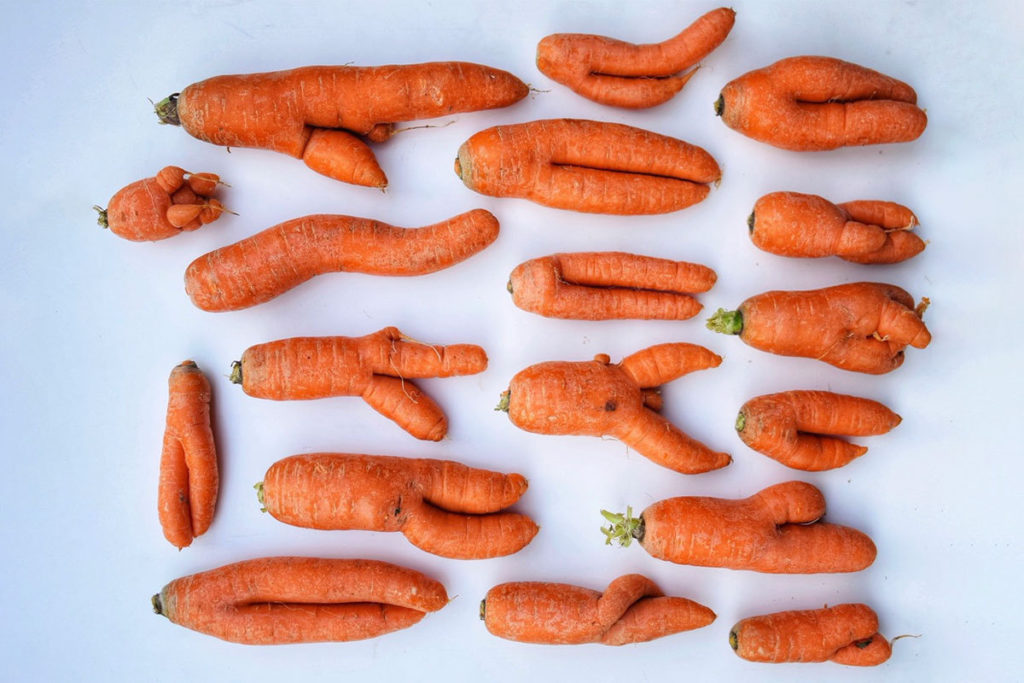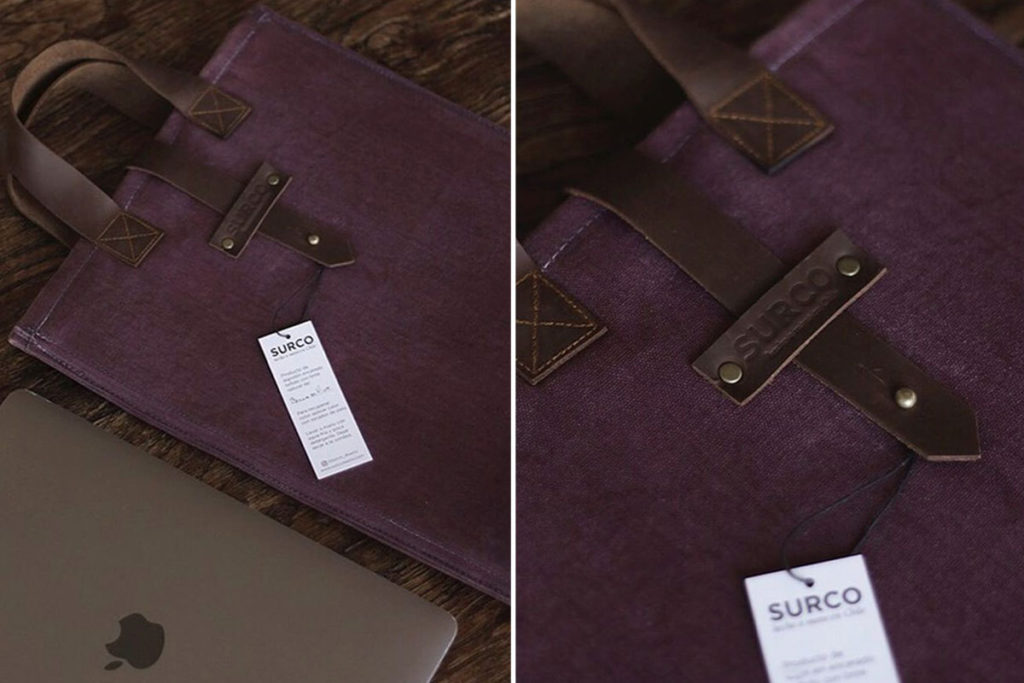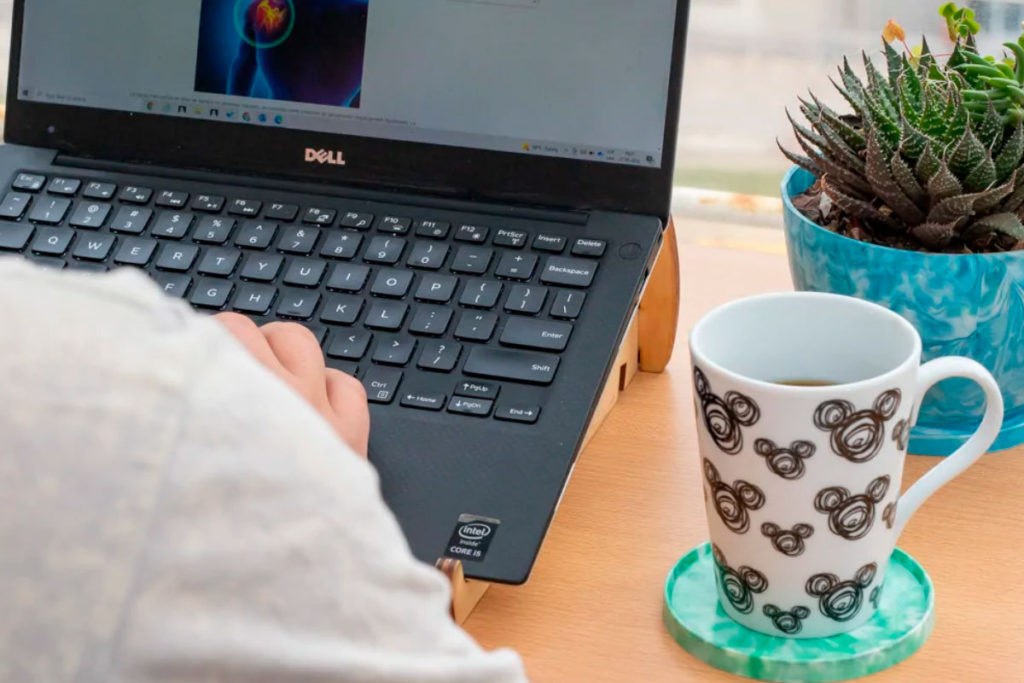3 innovative ventures in waste processing


Recycling and reusing waste are effective mechanisms for reducing our environmental impact. We present these educational and inspiring initiatives as you enjoy a glass of wine made in a conscious and resource-conserving way, such as Gran Reserva Cabernet Sauvignon.

Under the slogan “the market of the imperfect,” this Chilean venture started at the end of 2016. Commercial engineer Darío Contreras, aware of the vast amount of food being lost from field production and in markets, began to look for solutions to avoid waste.
And so, in 2020, he formed Maifud.cl, an online platform that seeks to combat this problem by selling forked carrots, imperfect lemons, discarded peppers, and ripe Hass avocado, among others, all offered at a fair price.
To date, they have rescued over 73 thousand kilos of produce and offer subscriptions of “Imperfect Boxes” delivered weekly or fortnightly to customers’ homes, containing 8 kilos of assorted fruits and vegetables with a price tag some 45% below that of supermarkets.

Architect Álvaro Sáez is the founder of Surco Diseño, a boutique brand that seeks to celebrate and preserve local artisanship. For the manufacture of his products, he uses noble materials such as wood, clay, vegetable fiber, and textiles, with the latter used to make everything from bedding to hand-waxed cotton bags.
“They’re colored by using natural dyes and vegetable waste,” explains Sáez, who thought something similar to grapes could help him achieve a color close to red or pink. That led him to approach Viña Concha y Toro, who has been supplying him with grape marc since 2021 thanks to a collaborative alliance created within the company’s Sustainability Strategy.
“It’s a coloring deposit formed in the tanks during the winemaking process. It’s obtained when wines are moved from one tank to another,” says winemaker Javier Solari. “It was a huge discovery for me. In addition to having a beautiful color, it’s a material that allows us to adhere to our corporate philosophy, which has to do with the recovery of vegetable waste,” says Sáez.
The color obtained is called “Vino Tinto” (“Red Wine”) and is available in ten or so different products, including bags, purses, and notebook cases.

The Upcycling Co was created to give new life to plastics and prevent them from ending up in the sea. The project, founded by industrial engineer Ignacio Narváez, collects plastic waste from various sources and then grinds or pelletizes it before transforming it into a range of marble-patterned objects.
The result is a variety of table sets and objects of design, such as round coasters (ideal when opening a bottle of Gran Reserva Sauvignon Blanc), grow kits, or plant pots. The venture has already managed to salvage some 54 tons of plastic in its brief history.
We comply with the highest standards of verified social and environmental performance, transparency, and legal responsibility to balance benefit and purpose.
We adopt an Impact Business Model, creating beneficial links between business, community, and environment.
The Gran Reserva vineyards are an important part of the project to conserve native forest areas and protect local biodiversity. Our native forests have the ability to retain rainwater and control the kind of climate change that results from water shortages.
We take care of 1,432 hectares of protected forests and, on average per vineyard, a total of 105 species of fauna and 48 species of registered flora.
Our effort to preserve nature begins with responsible water consumption. 99% of the water we use comes from surface and subterranean sources.
Our vineyards are drip irrigated, which translates to a 90% efficiency on water consumption, and over the past 3 years, we’ve reduced our water footprint by 10%.
All of our winemaking processes require the use of energy. Our choice to invest in clean, renewable energy reflects our desire to co-create a sustainable planet for the future.
100% of the electricity used to make the wines in the Gran Reserva collection come from renewable sources, including solar energy.
Concha y Toro has been certified under the Wines of Chile Sustainability Code since 2012, which means that our vineyards are officially recognized as sustainable vineyards.
The wines in our Gran Reserva collection are crafted entirely from estate-owned grapes in sustainably managed vineyards.